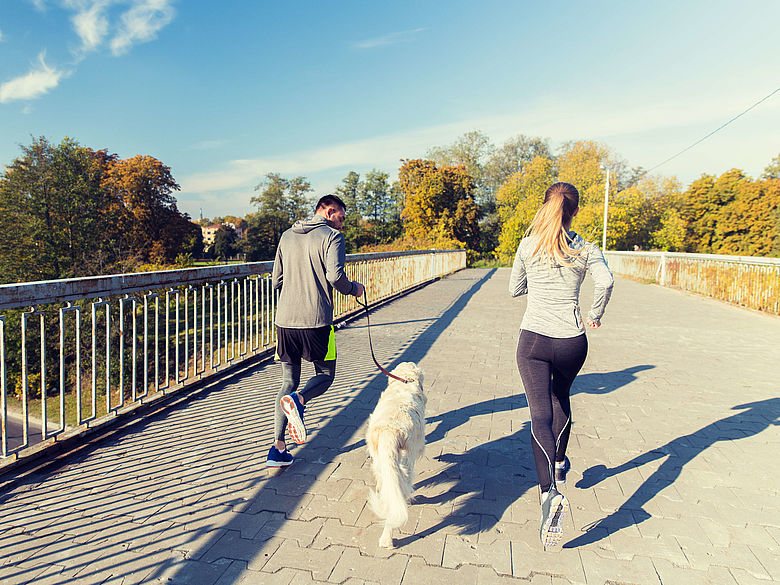Between juggling a career, kids and a social life, it can be difficult to squeeze in exercise or a workout even though we know exercise is vital to our health and well-being.
It’s helpful to know that with our overwhelming schedules, exercising at certain times of the day that work with your natural body rhythm can help maximise your health and fitness goals.
You can very much use exercise to hack your body clock and pick a time that’s best for your body clock! Building exercise into your morning. Logistically, there are many pros to working out in the morning.
- You get your workout over and done with before you even start your day.
- It sets the tone of your whole day, setting you up for healthier food choices, clearer and a calmer head-space and more energy.
- Makes you more productive and gives you a feeling of accomplishment.
- Beginning your day with good endorphins.
- You won’t have to worry about working out later in the afternoon or evening. Leaving time for after school activities, cooking dinner, homework, and just winding down from your day.
- Exercise is great for depression and anxiety especially first thing in the morning to move and clear that anxious energy.
- Exercising first thing in the morning on an empty stomach can help with weight loss.
- You get your training in uninterrupted before the world (& your kids!) wake up.
- If you don’t sleep well, make the time to get up, get exposed to light, and exercise.
People who exercise at say 7.00am or in the afternoon, advance their body’s clock slightly, so they feel more refreshed earlier the next morning. People who exercise in the evening delay their body’s clock, meaning they won’t reach peak performance until later in the day. If you are someone who needs a slow start to their morning and needs to gently ease into their day, exercise may not be for you in those early hours.
Exercising at night. Fitting in exercise in the afternoon or after hours has its proven perks too:
- It’s a great stress reliever after a busy or chaotic day.
- Your body’s ability to perform peaks in the afternoon, as your body temperature increases throughout the day, optimising your muscle function and strength, enzyme activity, and endurance for performance.
- Between 2 p.m. and 6 p.m., your body temperature is at its highest. This can mean you’ll be exercising during the window of time your body most prefers, potentially making it the most effective time of day to work out.
- In the afternoon/ evening, your reaction time is at its quickest, which is important for exercise like high-intensity interval training (HIIT), or speed work at the track or on the treadmill.
While some may caution that exercising at night can disrupt your sleep patterns, studies have found that those who lifted weights in the evening got better quality sleep and slept for longer than those who did the same type of workout in the morning.
Take the time to become aware of your body’s Circadian rhythm (sleep-wake cycle), if you are an anxious person or someone who suffers from anxiety, vigorous exercise may be better for you in the morning as you might find it hard to fall asleep after your session if it’s at night.
So what time is best?
Exercise is important for your health, no matter what time of day you do it. The ideal time is the time that works for you, where you can find a time of day that fits your schedule, and then stick to it.
Nobody can keep a perfect exercise routine all the time, but the more you work with your body clock and its signals, the more likely you are to live an active lifestyle and stick with it. It’s important to recognize the role our circadian rhythms play in rest and sleep hygiene. The rewards are self-evident.

